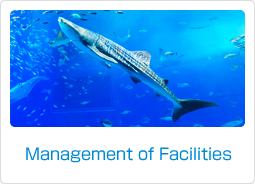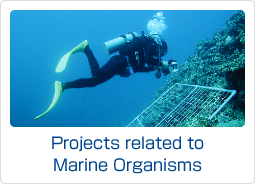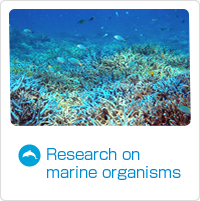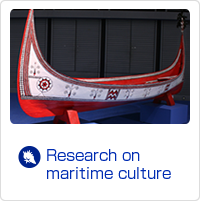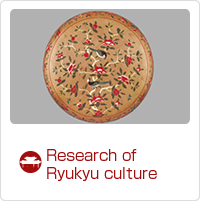- Home
- Okinawa Churashima Foundation Research Institute
- Studies of Marine Animals
- Research activity report
- Collaborative study with overseas research teams on the impact of whale watching and whale tourism on humpback whales

Research on marine organisms
Collaborative study with overseas research teams on the impact of whale watching and whale tourism on humpback whales
In recent years, humpback whale watching has become increasingly popular in Japan. In some areas, businesses have started to offer whale swim tours. Overseas studies suggest that an expanding tourism industry may lead to disturbance or stress to the animals, which can have long-term impacts. Long term impacts can include having fewer calves, decreased life span, and/or abandoning an area. It is important to establish rules to help minimize the impact on cetaceans while maintaining a sustainable tourism industry.
The Okinawa Churashima Foundation Research Center, with the aims of humpback whale conservation and sustainable tourism, has collaborated with Dr. Stephanie Stack of the Pacific Whale Foundation. Dr. Stack and her team have extensive experience in many places in the world, studying the impact of human activities, including tourism, on cetaceans. By working with people in related industries, we are better able to study and evaluate the effects of whale watching and swim tours. We will continue to study this issue while collaborating with related industries and research institutions in Japan and overseas!
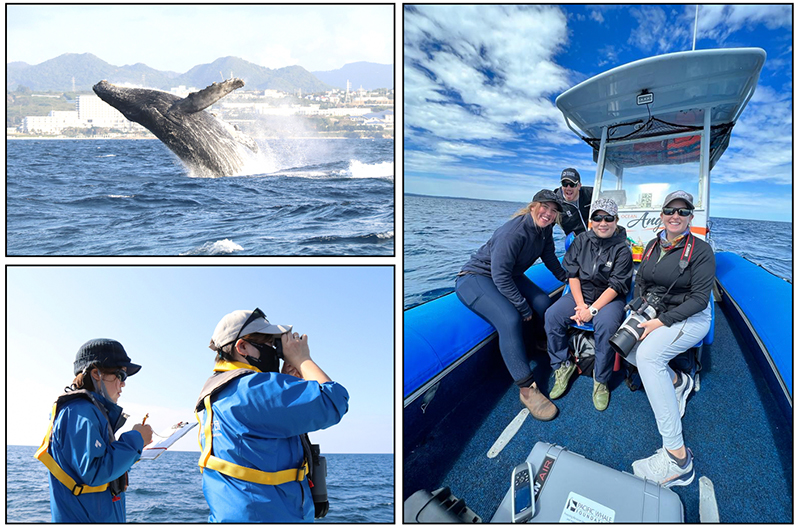
Humpback whale breaching (top left). Member of Okinawa Churashima Foundation conducting surveys on the effects of whale watching and swim tours in Okinawa (bottom left). Member of the Churashima Foundation visited the research team of Pacific Whale Foundation in Hervey Bay, Australia to learn about responsible marine tourism (right).
Copyright (c) 2015 Okinawa Churashima Foundation. All right reserved.













